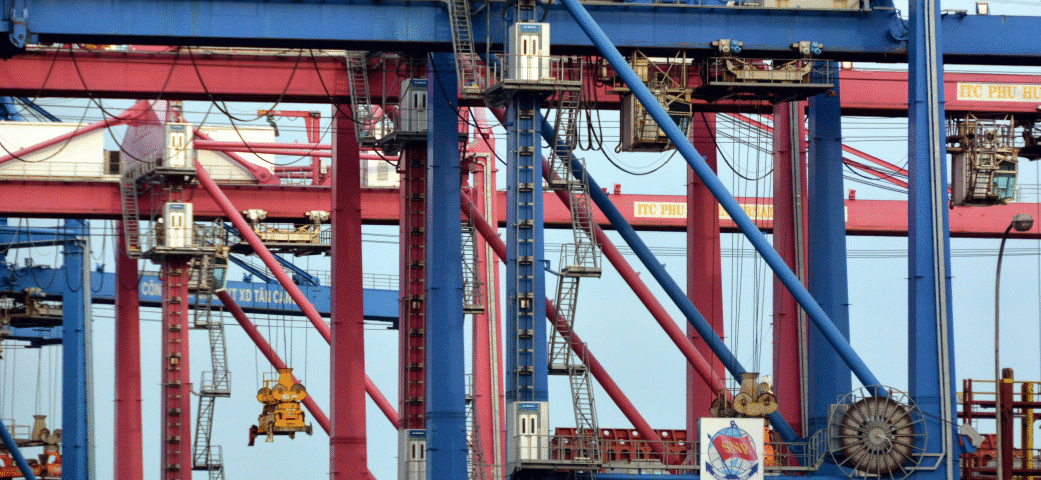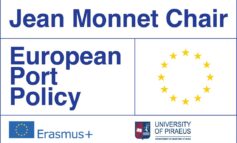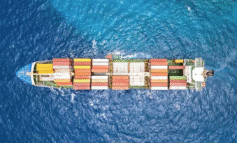Τhe effects of the objective orientation of port authorities and the level of service differentiation on the capacity, service price, profits and welfare among competing or cooperating ports are analysed in the latest port study of PortEconomics co-director Theo Notteboom co-authored with Han Cui (University of Antwerp).
Theo and Han examined feasible combinations of these two factors (private objective level and service differentiation) to promote port co-operation. They applied the model starting from a mixed duopoly where a landlord port (a port authority with mixed public and private objectives) competes with a profit-seeking port (a port authority with a fully private objective) with differentiated services. The results show that both the private objective level of the port authority and the service differentiation level have a significant influence on various port competition and co-operation settings. Certain combinations of these factors prove to be useful in view of co-operation among port authorities which previously competed. The study not only contributes to existing literature on port competition/co-operation and the use of game theory in a port setting. It also provides valuable inputs to port devolution and co-operation discussions at the policy level.
Theo’s and Han’s study has been published in the 22nd special volume of Research in Transport Business and Management journal (RTBM) edited by PortEconomics members Theo Notteboom, Geraldine Knatz, and Francesco Parola and can be freely downloaded by accessing journal’s webpage.












